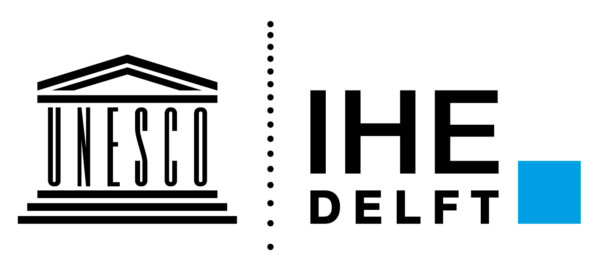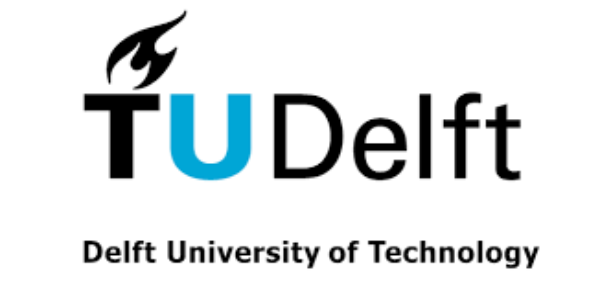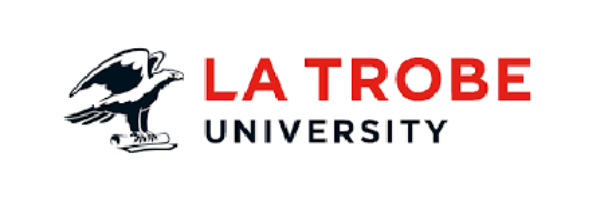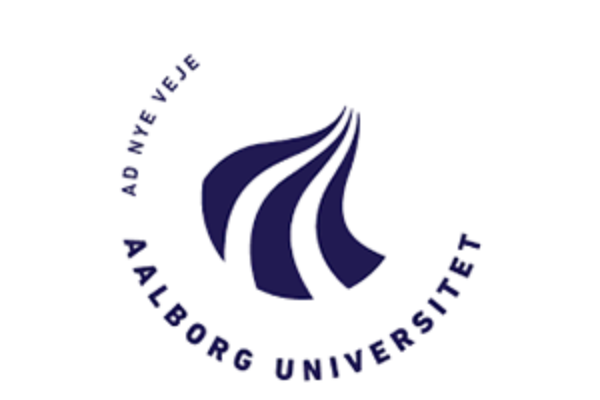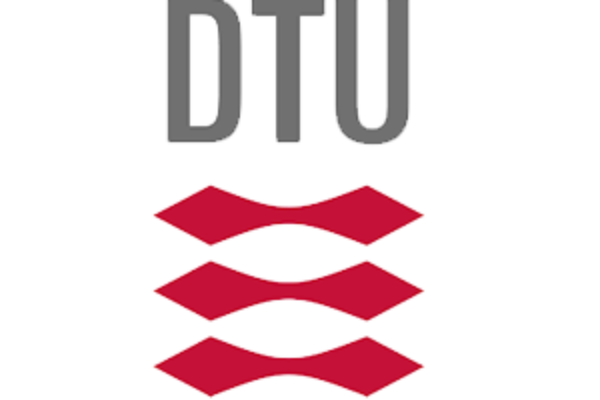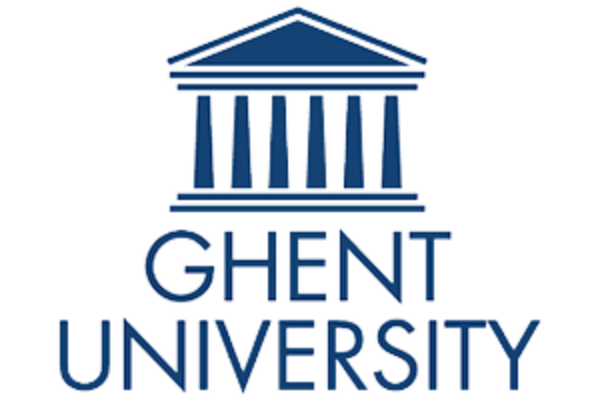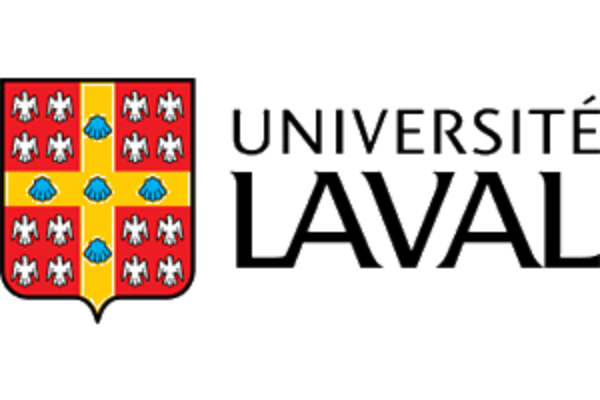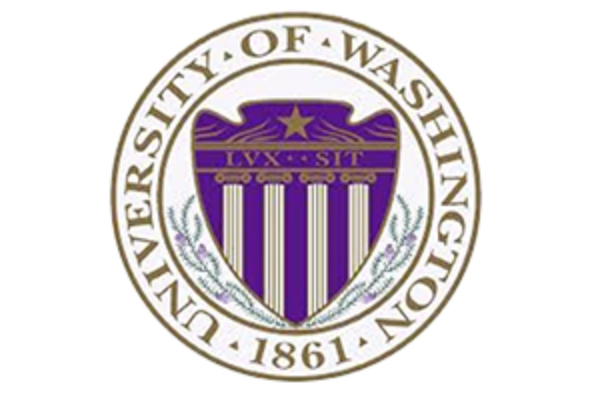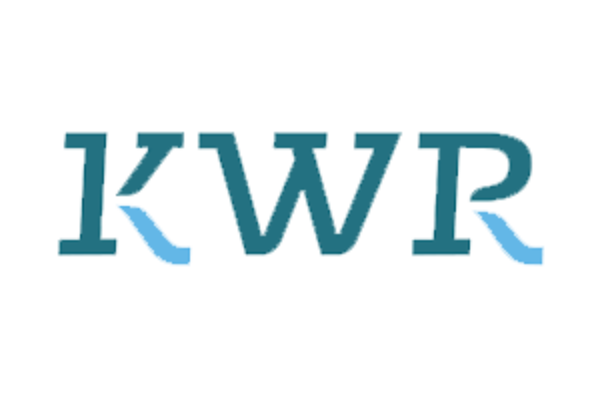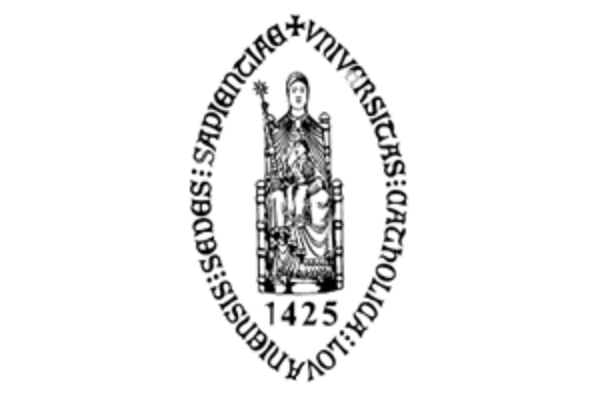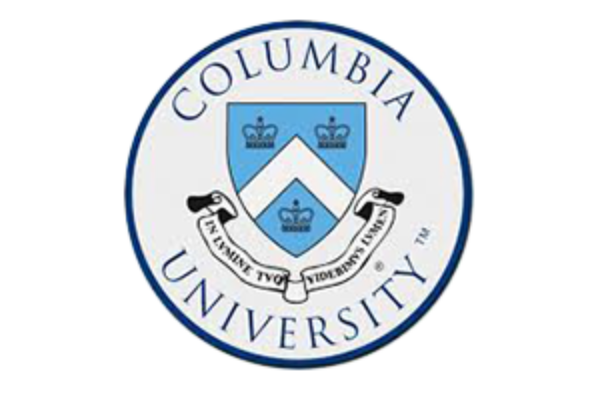Course series on
Experimental Methods in Wastewater Treatment
We offer a series of seven open-access (both self-study and instructor-led) online courses on experimental methods in wastewater treatment for researchers and practitioners, targeting young scientists and engineers as well as mid-career professionals. An on-campus and tailor made versions of the course are also available.
Experimental laboratory methods and techniques have matured to the degree that they have become accepted as reliable tools in wastewater treatment research and practice. For sector professionals, especially the new generation of young scientists and engineers entering the wastewater treatment profession, the quantity, complexity and diversity of these methods can be overwhelming and, for many, the access to advanced level laboratory courses in wastewater treatment is not readily available. Moreover, the information on innovative experimental methods is scattered across scientific literature. These online courses seek to address these deficiencies. They assemble and integrate the innovative experimental methods developed by research groups and practitioners around the world and broadly applied in wastewater treatment research and practice. The syllabus is designed to fit the needs of undergraduate and postgraduate students, researchers, laboratory staff, plant operators, consultants, and other sector professionals. The series includes seven courses and a textbook and are open access. These online courses can be either self-guided, or can be followed with the guidance of a teacher at the premises of IHE Delft or as part of a tailor-made group training course provided by IHE Delft and/or partner universities.

On-campus courses
The Experimental Methods in Wastewater Treatment on-campus course series is currently offered by IHE Delft only as a three-week face-to-face module in the MSc program in Sanitary Engineering. In the near future these courses will be available at other academic institutions, so you will have more opportunity to choose where to enroll. Requests for enrollment into one or more of (in total seven) individual courses at IHE Delft fall under the offerings of a tailor-made training course.
Tailor-made training courses
In response to demand from clients, IHE Delft and partners can design and offer training on various experimental methods in wastewater treatment at their own sites, at the premises of the client, or a combination of these. Depending on the wishes of the client, training can take place entirely in Delft (IHE Delft and TU Delft) and/or on location at our partners in Denmark and Belgium. We can also offer special deliveries of the standard course to be integrated into universities’ teaching and research curricula using locally available experimental equipment or, if necessary, bringing our own equipment. For more information please contact Dr. Carlos Lopez Vazquez via c.lopezvazquez@un-ihe.org.
Objectives, activities & assessment
Learning objectives, activities and assessment depend on the delivery mode of the course. In general, the learning objectives of self-study online courses are of limited complexity due to the absence of guidance and the specific nature of self-guided didactic methods. The introduction of online guidance and possibility for the participant to interact with the instructor allows for more ambitious objectives. Furthermore, this becomes particularly true for on-campus courses and tailored training courses because they allow for face-to-face interaction with the teacher and hands-on laboratory exercises and assignments. To view the learning objectives, activities and assessment of each of the seven courses please explore the individual course pages.
Download the book
eBook on Experimental Methods in Wastewater Treatment (31.5 MB)
Available in English, Spanish and Croatian. Coming soon in Russian, Hindi, Marathi and Tamil.Terminology
The Experimental Methods in Wastewater Treatment course series is offered in online mode (both self-study and instructor-led) as well as the regular (standard) face-to-face course at the premises of IHE Delft and its partners (on campus). A tailor-made group training course can be prepared and delivered at various locations where the specific needs of the client are taken into account.
- What is a self-study online course?
A self-study (self-guided) online course delivers a series of pre-recorded lessons to a web browser or mobile device, to be conveniently accessed anytime, anyplace. An online course is designed as a built environment for learning. The key element is the use of the internet and it does not engage a teacher. It may include a check to find out to what extent the learning objectives are being achieved (e.g. self-assessment, quiz, etc). Massive Open Online Courses (MOOCs) also belong to this category. In the case of this course series, at the end you can test your knowledge and obtain a certificate without our engagement.
- What is an instructor-led online course?
You can deepen your knowledge and develop new skills with our online courses under the individual guidance and support of an instructor (teacher, mentor) to help you excel in the topic and facilitate the learning process. Such courses utilize electronic technologies to access the educational curriculum outside of a traditional classroom and are specifically delivered via the internet to somewhere other than the classroom where the teacher is lecturing. It is interactive in that the student can also communicate with course instructors or other students in his/her class online (via the internet). Sometimes courses are delivered live, where students can interact in real time and sometimes it is a lecture or assignments that have been pre-recorded. There is always an instructor interacting and communicating with the student and grading his/her participation, assignments and tests.
- What is an on-campus course?
An on-campus course is a face-to-face course with pre-defined, fixed content and a syllabus usually targeting certain groups of interest. It can vary in length and depth and commonly takes place on campus.
- What is a tailor-made training course?
This is a customized face-to-face course prepared in response to demand from clients. The training can be organized for groups of various sizes, from one or multiple organizations, sectors or regions and can vary in length and depth and can take place on campus, at the client’s premises, or a combination of the two.
